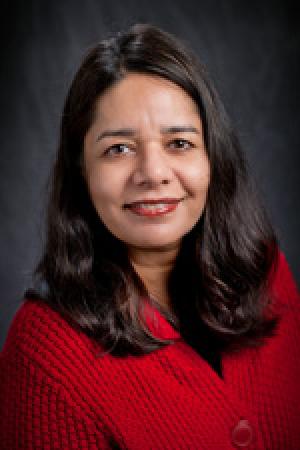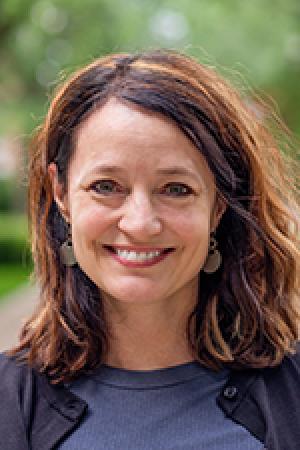Gender studies
Exploring how gender identity and relates to experiences and practices in education, relationships, human development, and society.
Nina Asher Nina Asher
- Professor
- she, her, hers
- 612-624-1357
- nasher@umn.edu
In the mid-1980s, armed with my master’s degree in social work (from the Tata Institute of Social Sciences in Bombay, India), I began working as a research assistant on intervention projects focused on improving the educational achievement levels…

Colleen Clements Colleen Clements
- Senior Lecturer
- she, her, hers
- clements@umn.edu
My teaching and scholarship focuses on the intersection of social class and identity. My teaching interests are in the areas of social class and education, humanizing pedagogy, sociology of education, and critical pedagogy and leadership.

J.B. Mayo J.B. Mayo
- Associate Professor
Director of Graduate Studies - he, him, his
- 612-309-6018
- mayo@umn.edu
I am an Associate Professor in social studies education. I hold a Ph.D. in curriculum and instruction from the University of South Florida, where my focus of study was gender and sexuality within the social studies, specifically on the formation and…

Bic Ngo Bic Ngo
- Professor
Rodney S. Wallace Professor for the Advancement of Teaching and Learning - 612-625-7520
- bcngo@umn.edu
My research and teaching interests focus on culturally relevant pedagogy, urban and multicultural education in general, and immigrant education in particular.

Gillian Roehrig Gillian Roehrig
- Professor
- she, her, hers
- 612-625-0561
- roehr013@umn.edu
BS Chemistry and Mathematics, University of Southampton, U.K., 1990 MS Chemistry, University of Arizona, 1993 PhD Teaching and Teacher Education (Science Education), 2002 As an advisor, I aspire to support students in becoming independent learners…

Cassie Scharber Cassie Scharber
- Associate Professor of Learning Technologies, Director of the L+T Collaborative, Bonnie Westby Huebner Chair in Education and Technology
- she, her, hers
- 612-625-6607
- scharber@umn.edu
I am troubled by the narrow conceptions and practices of literacy and learning that proliferate in schools and current educational inequalities that are rooted in the gendered, racist, and classist histories of U.S. schooling.
